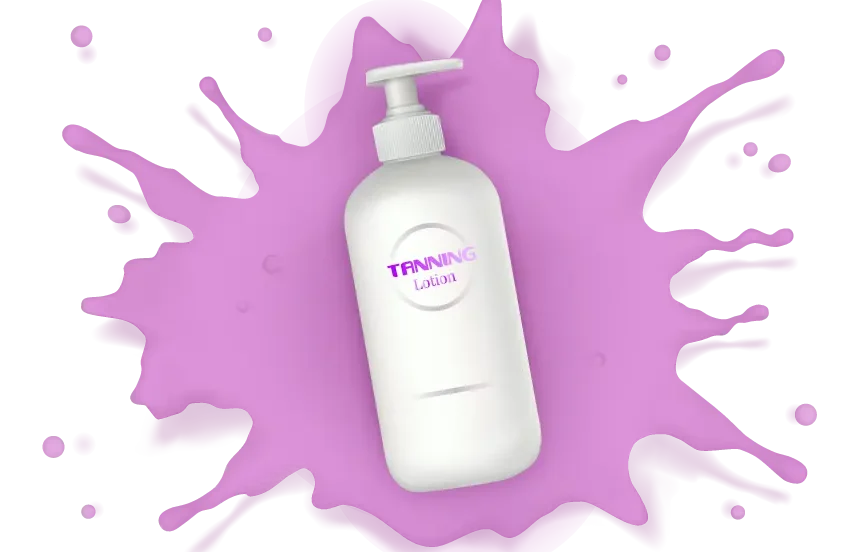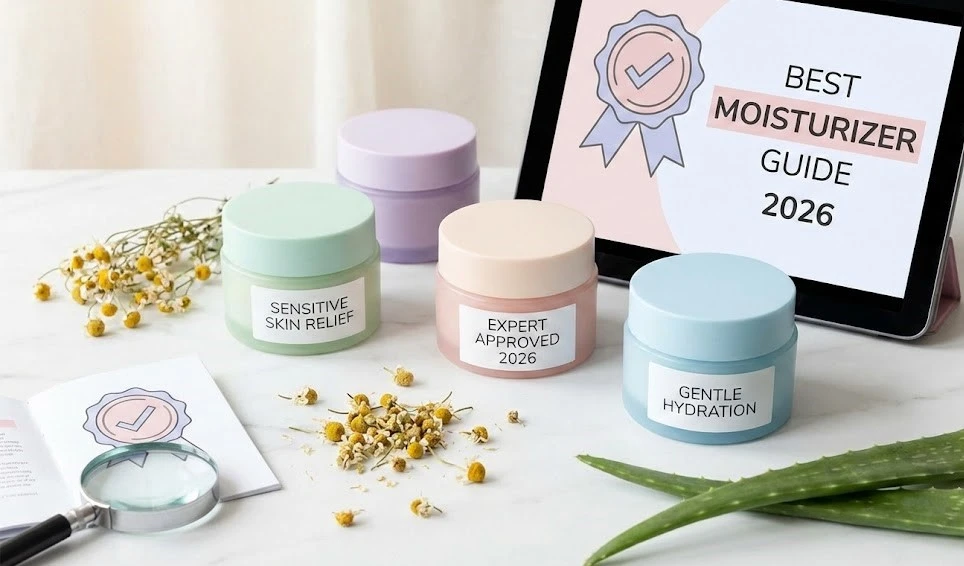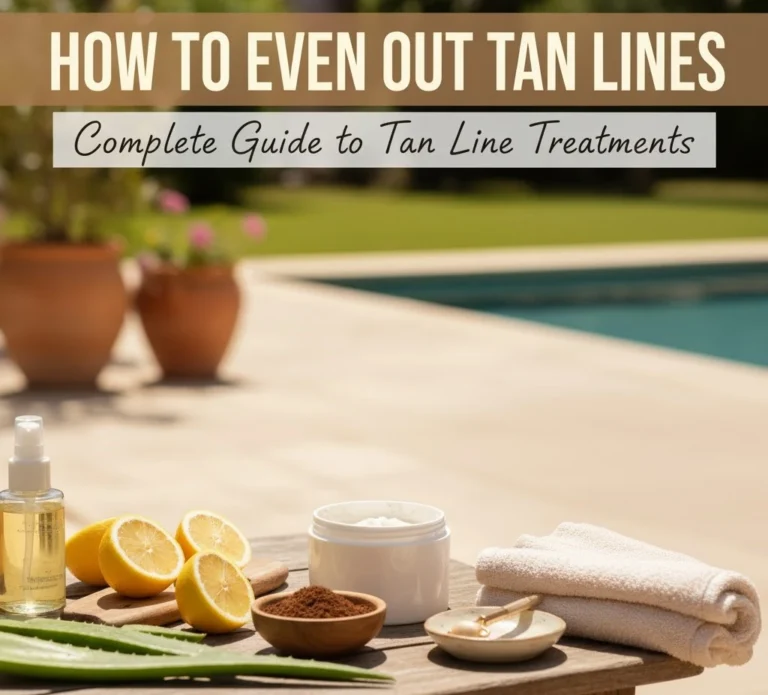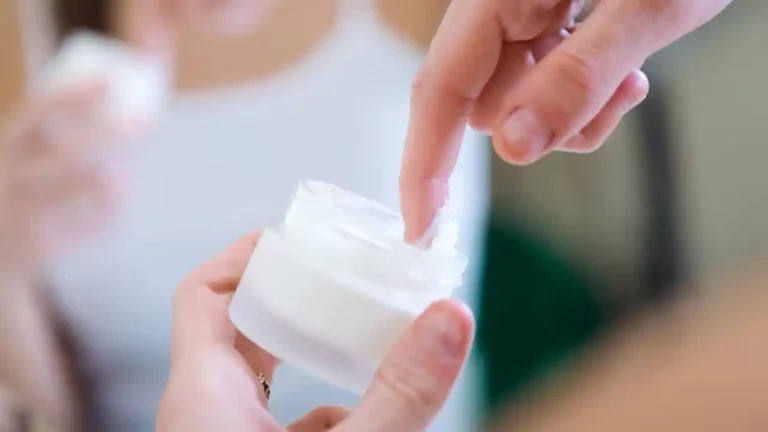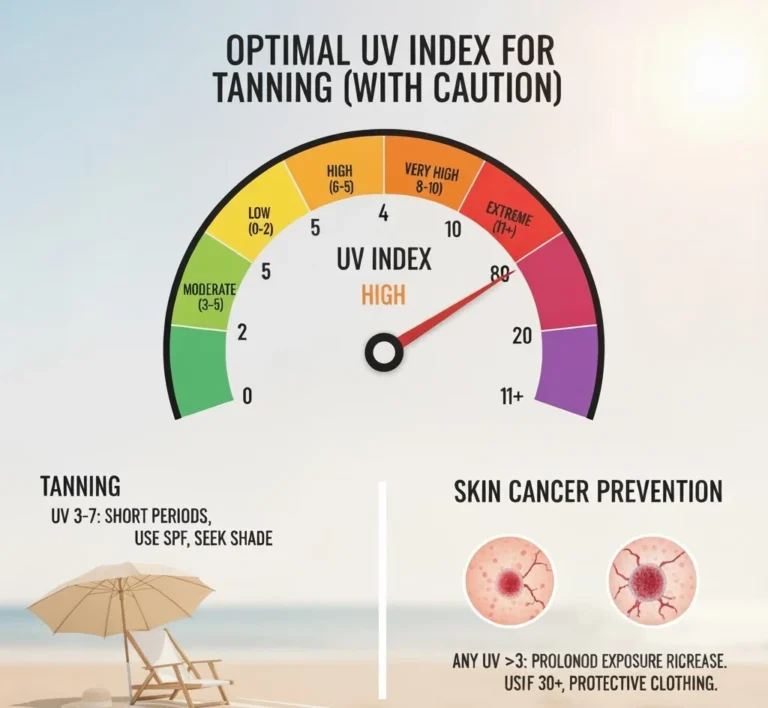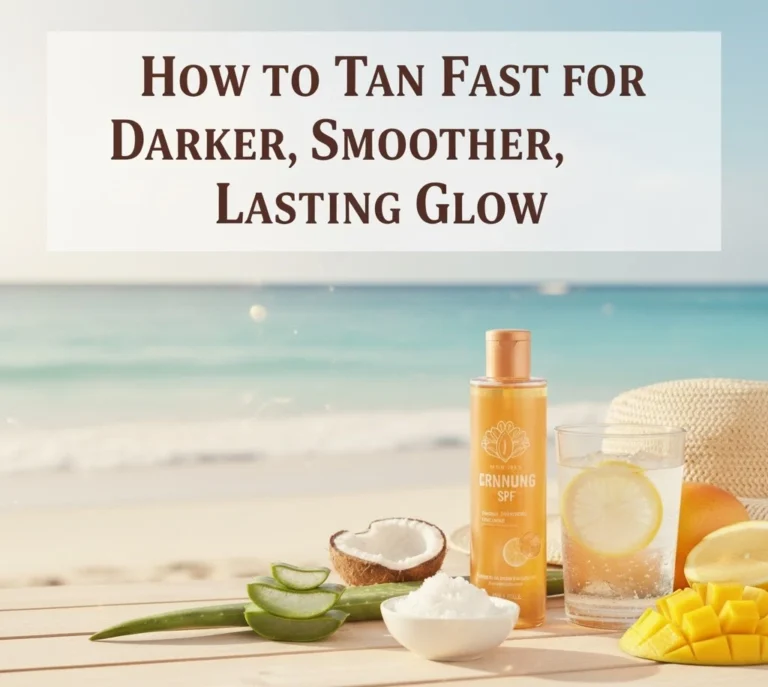Top 10 Moisturizer for Sensitive Skin Expert Approved Picks
Sensitive skin is a journey. If you are someone whose skin decides to flare up without warning, turns red from a cold breeze, becomes itchy after trying something new, or burns the moment you apply a moisturizer you thought was safe, then you understand the struggle. Sensitive skin can make you second guess every product, every weather change, and even your own routine.
I have been there. I have also talked to countless people who share the same frustration. And when dermatologists talk about the most important product for sensitive skin, they always point to the moisturizer. A moisturizer designed for sensitive skin is not just a simple hydrator. It is a protector, a healer, a barrier builder, and sometimes the only thing that stands between you and another flare up.
This guide is written for real people. Not machines. Not textbook readers. People with emotions, experiences, and skin that demands patience. You will find comfort here, clarity here, and most importantly, guidance that feels like someone is talking to you with genuine care.
Let us walk through everything you need to know, from understanding your skin to choosing the best moisturizer for sensitive skin that fits your life, your needs, and your comfort.
Understanding Sensitive Skin in a Way That Actually Makes Sense
Sensitive skin is not a diagnosis. It is not a flaw. It is simply skin that reacts quickly, easily, and sometimes dramatically. You may feel burning after applying a new product. You may notice redness that appears out of nowhere. You may feel tightness after washing with water that is too hot or too cold. You may experience itchiness, rough patches, or a sudden flare of irritation for reasons you cannot even explain.
All of this comes down to your skin barrier. Think of your barrier as the roof of your house. When the roof is strong, everything inside stays safe and protected. When the roof has gaps, cold and heat slip in and cause chaos. Sensitive skin behaves the same way. When your barrier is weak, moisture escapes and irritants enter. Your skin loses its calm and becomes reactive.
Common Triggers
Triggers are everywhere. Cold weather. Hot water. Harsh cleansers. Fragrance in skincare. Essential oils. Stress. Hormones. Pollution. Even sleeping in the wrong fabric can irritate sensitive skin. Once you understand this, everything becomes clearer. Your skin is not trying to be difficult. It is asking for protection and consistency.
Why Moisturizer Matters
This is why the right moisturizer matters. Because a moisturizer is the foundation of comfort for sensitive skin. It seals moisture in, keeps irritants out, and helps your barrier stay strong enough to prevent reactions.
Why a Moisturizer is the Most Important Product for Sensitive Skin
You can use the gentlest cleanser or the most elegant serum, but if your moisturizer is not right for your skin, everything else falls apart. A moisturizer designed for sensitive skin does four things extremely well.
First, it hydrates the skin deeply so dryness does not trigger irritation.
Second, it protects the skin barrier and keeps irritants from causing reactions.
Third, it soothes redness and calms inflammation.
Fourth, it helps your skin tolerate other products better.
When you use the correct moisturizer consistently, your skin becomes less reactive. Flare ups become less frequent. Redness fades. Dry patches soften. And your skin slowly becomes more resilient. The right moisturizer is truly life changing for sensitive skin.
Ingredients Your Sensitive Skin Will Love
There are certain ingredients that sensitive skin adores because they are gentle, moisturizing, and barrier repairing.
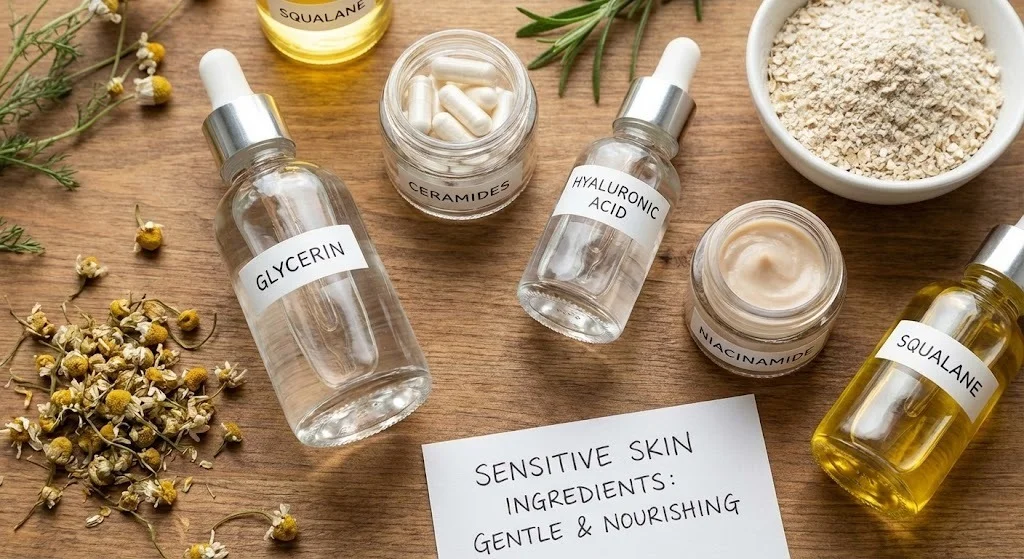
Ceramides
Your barrier depends on ceramides. They strengthen and protect your skin. When you use a moisturizer with ceramides, your barrier becomes stronger and more resistant.
Hyaluronic Acid
This ingredient holds water inside your skin like a reservoir. It helps your skin stay plump and hydrated without feeling heavy.
Glycerin
A simple but powerful hydrator that pulls moisture into the skin. It keeps your face moisturized for hours.
Niacinamide
A calming and balancing ingredient that reduces redness and supports the skin barrier.
Colloidal Oatmeal
Oatmeal is like therapy for irritated skin. It calms burning, itching, and redness almost immediately.
Squalane
A lightweight, skinlike moisturizer that softens the skin without clogging pores.
These ingredients are the backbone of any great moisturizer for sensitive skin.
Ingredients Sensitive Skin Usually Fears
Sensitive skin has a list of ingredients that cause trouble more often than not.
Fragrance is the number one problem.
Essential oils often irritate even though they are natural.
Alcohol denat dries the skin quickly.
Menthol and peppermint can sting.
Harsh acids can cause burning.
Sulfates strip the barrier.
Artificial dyes add irritation without benefit.
Avoiding these ingredients is one of the best decisions you can make for your skin.
Types of Moisturizers for Sensitive Skin
Moisturizers come in different forms and each has its own charm.
Creams bring deep nourishment.
Lotions feel lighter and are great for everyday hydration.
Gel creams feel refreshing and are perfect for oily or combination sensitive skin.
Ointments are thick and protective and ideal for eczema or extremely dry skin.
Now that you understand your skin and the ingredients it loves, it is time for the part you came here for. The most human, honest, and helpful reviews of the ten best moisturizers for sensitive skin.
The Ten Best Moisturizers for Sensitive Skin
These products are loved by people, trusted by dermatologists, and chosen because they genuinely help sensitive skin stay calm and balanced.
1. CeraVe Daily Moisturizing Lotion
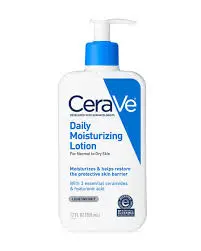
CeraVe Daily Moisturizing Lotion feels like a steady, reliable friend who always shows up when you need them. It sinks into the skin beautifully and keeps your skin comfortable all day. I used this during a time when my skin was irritated for weeks and it played a major role in repairing my barrier. The ceramides make a real difference and the hyaluronic acid helps the hydration last longer than expected. This lotion does not try to be fancy. It simply gets the job done.
Pros
Strengthens the skin barrier
Suitable for face and body
Lightweight and easy to apply
Recommended by dermatologists
Does not clog pores
Cons
Can feel too light during winter
Sometimes pills under certain sunscreens
2. Vanicream Moisturizing Lotion

If your skin reacts to nearly every new product, Vanicream is a safe place. I have recommended this to so many people and I have never heard a complaint. It is simple, calming, and incredibly gentle. I once gave a bottle to a friend whose skin burned even with water and she came back saying it was the first product that felt comforting. Sensitive skin does not care about glamour. It cares about peace. Vanicream delivers peace.
Pros
Exceptionally gentle
No fragrance or irritants
Safe for eczema and allergy sensitive skin
Never stings
Cons
Texture feels very plain
Not moisturizing enough for severe dryness
3. La Roche Posay Toleriane Double Repair Moisturizer

This moisturizer is an absolute pleasure to use. It feels silky and comforting and it genuinely reduces redness. My dermatologist recommended this after a skin reaction and it brought my skin back to normal in days. It works beautifully under makeup which makes it perfect for mornings. If your skin flushes easily or gets red under stress or changing temperatures, this product will be helpful.
Pros
Reduces redness
Contains niacinamide
Strengthens the barrier
Feels luxurious
Cons
More expensive than basic lotions
May feel heavy on very oily skin
4. Aveeno Calm and Restore Oat Gel Moisturizer
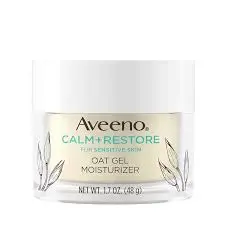
This moisturizer feels like a cool breeze on irritated skin. The first time I used it, my skin was burning from over exfoliation and it calmed everything almost instantly. The oat extract is soothing and the gel cream texture is refreshing, especially during warm weather. If your skin hates heavy creams or if it often feels inflamed, this will feel wonderful.
Pros
Cooling sensation
Calms irritation quickly
Light and refreshing
Perfect for sensitive combination skin
Cons
Not rich enough for dry skin
5. Eucerin Advanced Repair Lotion
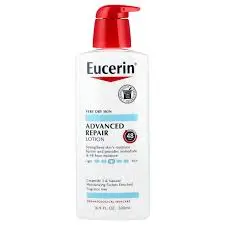
Whenever winter arrives and my skin starts to feel rough, this lotion becomes my best friend. The urea softens dry patches and the hydration lasts for hours. It is not meant for the face but it works magic on the body. If you get dry shins, cracked hands, or flaky elbows, you will love how quickly this lotion transforms your skin.
Pros
Deep hydration
Softens rough areas
Long lasting comfort
Excellent for eczema
Cons
Not suitable for facial use
May sting very raw skin
6. Bioderma Atoderm Intensive Cream
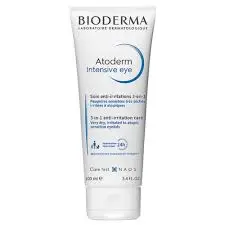
There is something incredibly comforting about this cream. It feels rich, warm, and supportive, almost like giving your skin a blanket. I once recommended this to someone with severe eczema and she called it her miracle cream after just two weeks. If your skin needs healing, not just hydration, this cream is perfect.
Pros
Very nourishing
Reduces itch and irritation
Long lasting hydration
Ideal for eczema prone skin
Cons
Too rich for oily skin
Higher price point
7. Neutrogena Hydro Boost Gel Cream Fragrance Free
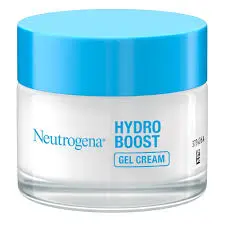
If you prefer your moisturizers to feel light and refreshing, this one is made for you. It melts into the skin instantly and gives a soft hydrated finish without shine. I wore this through a humid summer and it kept my skin balanced. It is especially perfect for people who hate heavy creams but still want reliable hydration.
Pros
Lightweight and refreshing
Absorbs immediately
Great for oily and combination skin
Fragrance free
Cons
Not hydrating enough for dry skin
8. Cetaphil PRO Redness Relief Lotion
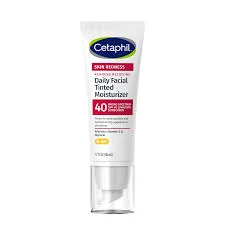
This product surprised me. It feels gentle and calming and does a great job at reducing redness over time. A friend with rosacea introduced me to it and I immediately noticed how soothing it felt. If your cheeks flush without warning or if your skin becomes red from stress or weather, this lotion can help.
Pros
Reduces redness
Feels soothing
Safe for rosacea prone skin
Light texture
Cons
Natural scent may not appeal to everyone
Not rich enough for severe dryness
9. First Aid Beauty Ultra Repair Cream
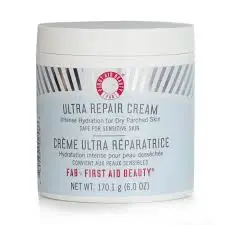
This cream is an absolute lifesaver during flare ups. When my skin was irritated to the point where even water stung, this cream soothed everything instantly. The colloidal oatmeal is incredibly calming. It feels thick in the jar but melts into the skin beautifully. It is perfect for winter or for people with eczema.
Pros
Instant relief
Deep hydration
Great for eczema
Comforting texture
Cons
Too heavy for oily skin
More expensive than drugstore moisturizers
10. Avène Tolérance Control Soothing Skin Recovery Cream
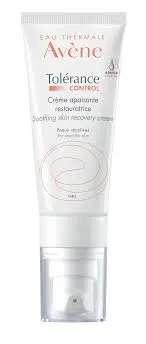
This moisturizer feels like it was made for people who react to everything. The sterile packaging keeps the formula pure and safe. I used this during a severe reaction and it was the only product that felt soothing instead of painful. It is gentle, calming, and perfect for hypersensitive skin.
Pros
Extremely gentle
Calms burning skin
Feels soft and elegant
Safe for hypersensitive skin
Cons
Hydration is light
On the pricier side
Your Ideal Skincare Routine for Sensitive Skin
Sensitive skin loves routines that are simple, predictable, and gentle.
Morning Routine
- Cleanse with a gentle, hydrating cleanser.
- Apply your moisturizer while the skin is slightly damp.
- Use a mineral sunscreen because it is gentle and less likely to irritate sensitive skin.
- Keep your routine simple. Sensitive skin does not appreciate a long list of actives early in the day.
Night Routine
- Start with a gentle cleanse.
- Apply your moisturizer generously so your skin can repair overnight.
- If your skin needs extra support, you can use a soothing serum such as niacinamide before moisturizing.
- Avoid strong actives at night unless prescribed by a dermatologist.
Common Mistakes That Make Sensitive Skin Worse
Over exfoliating is one of the biggest problems. Sensitive skin does not tolerate frequent exfoliation.
Using products with fragrance causes irritation for a large majority of sensitive skin types.
Trying too many new products at once overwhelms the skin.
Skipping moisturizer because your skin feels oily can damage the barrier further.
Not wearing sunscreen exposes sensitive skin to irritation from UV rays.
Using very hot water strips the skin of moisture and triggers sensitivity.
Avoiding these mistakes will dramatically improve your skin’s comfort and stability.
How Weather Affects Sensitive Skin
Cold weather pulls moisture out of the skin, causing tightness and flakiness. In winter, thicker creams become essential.
Hot weather can increase oil production, so lighter gel creams work better.
Dry indoor heating can irritate the skin, making hydration even more important.
High humidity can make heavier creams feel suffocating, so lighter textures are preferred.
Understanding seasonal needs helps keep your skin happy all year.
Frequently Asked Questions
Why does my skin burn when I apply moisturizer?
Your barrier may be damaged or the product contains irritants. Switching to a fragrance free gentle moisturizer usually solves this.
Can oily skin be sensitive?
Absolutely. Oiliness does not protect you from irritation.
How often should I moisturize?
Morning and night is ideal for most people.
Can sensitive skin use retinol?
Yes but introduce it extremely slowly and choose a gentle formula.
Should I patch test new products?
If your skin is very reactive, patch testing is a wise step.
Can sunscreen replace moisturizer?
No. Sunscreen protects from UV damage but does not offer hydration or barrier support.
Conclusion
Sensitive skin can feel intimidating but with the right understanding and products, it becomes manageable and even predictable. A good moisturizer for sensitive skin does more than hydrate. It comforts, protects, and repairs. The ten moisturizers in this guide have earned their reputation through real world results, dermatologist trust, and countless success stories.
Your skin deserves care, softness, and stability. The right moisturizer helps you get there, one peaceful day at a time.
